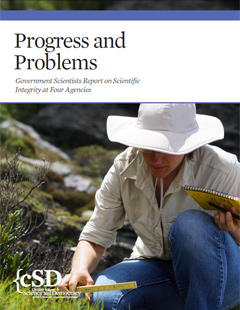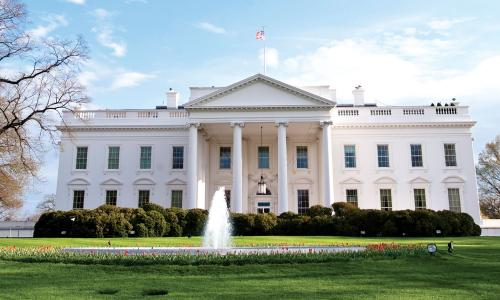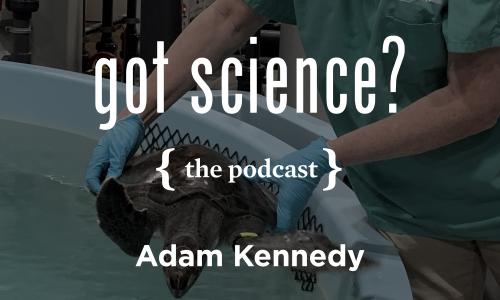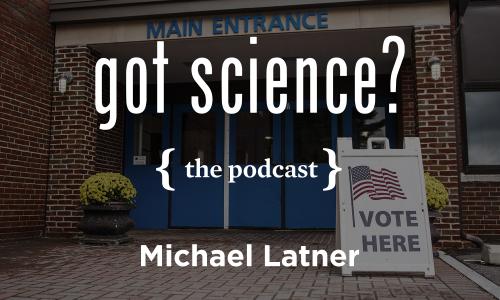Government science has a profound impact on our daily lives. The work done by scientists at federal agencies plays a pivotal role in shaping policies on public health, food and drug safety, our environment, national security, and many other issues that affect all of us.
Because government science is so important, it's vital to maintain a high standard of scientific integrity in federal agencies. UCS has been working to advance scientific integrity for more than a decade, and as part of that work, we have periodically surveyed federal scientists to learn more about the state of scientific integrity at their agencies.
In response to a 2009 memo from President Obama and a 2010 directive from White House science advisor John Holdren, agencies issued scientific integrity policies over the following years. UCS has followed this process, reviewing these policies and monitoring their implementation.
Our 2015 survey assesses scientific integrity, communication, and agency effectiveness at four federal agencies: the Centers for Disease Control and Prevention (CDC), Food and Drug Administration (FDA), Fish and Wildlife Service (FWS), and National Oceanic and Atmospheric Administration (NOAA).
The survey results (see slideshow below for highlights, or download Appendix B for more detail) show that progress has been made in recent years—but much more work is needed. Scientists are still reporting inappropriate influence and interference with science, restrictions on their ability to communicate about their work, and constraints owing to lack of resources or respect for the scientific process.
Slideshow: Highlights of survey results
Recommendations
The survey results suggest that while the adoption of scientific integrity policies has had positive effects, there is room for improvement to implement the policies and integrate them fully into agency culture. Toward that end, we advise the following actions (see the survey report for detailed recommendations):
The White House should take an even stronger leadership role in promoting robust government-wide scientific integrity standards.
Federal science agencies should strengthen and fully implement their scientific integrity policies. Specific agencies should take the following actions:
- The CDC should work to align agency practices with its solid scientific integrity policy.
- The FDA should work to reduce any inappropriate influence of political and business interests on agency decisions that should be based on science.
- The FWS should work to improve scientific integrity practices and minimize political interference in scientific decision making throughout the agency.
- NOAA should ensure that its strong scientific integrity policy is fully implemented in all divisions of the agency and that its scientists receive adequate training about its provisions.
Agency inspector generals should investigate and issue reports on the degree to which agencies adhere to scientific integrity policies.
Federal scientists should know their agency's scientific integrity and communications policies in order to bring attention to breaches of scientific integrity. They should also engage with the public and responsibly exercise their rights to share their research and personal opinions.
Congress should request a report from the Government Accountability Office on the effectiveness of scientific integrity policies at federal agencies.
Candidates for federal office should articulate how they would continue to build strong scientific integrity standards in government.
Journalists and the public should call out agencies that obstruct transparency of agency decision making.






